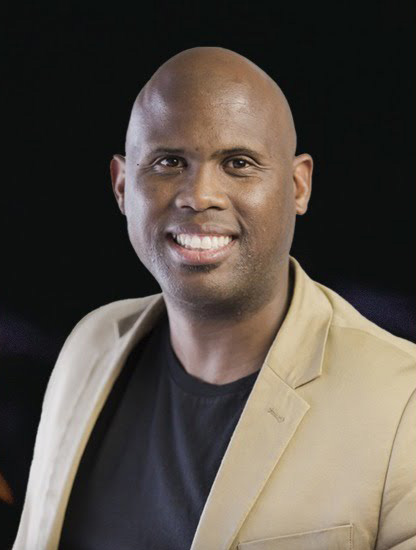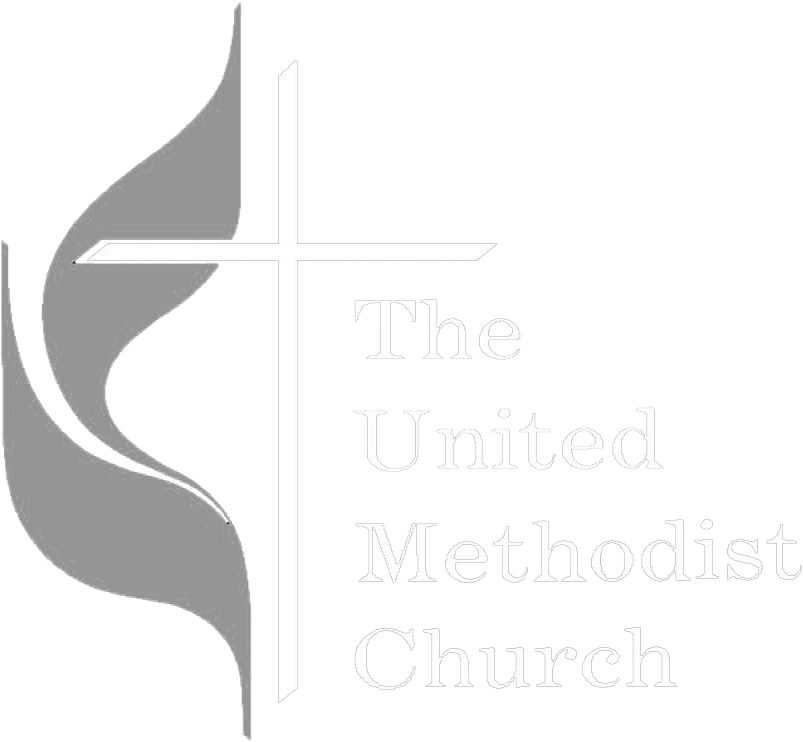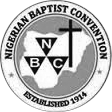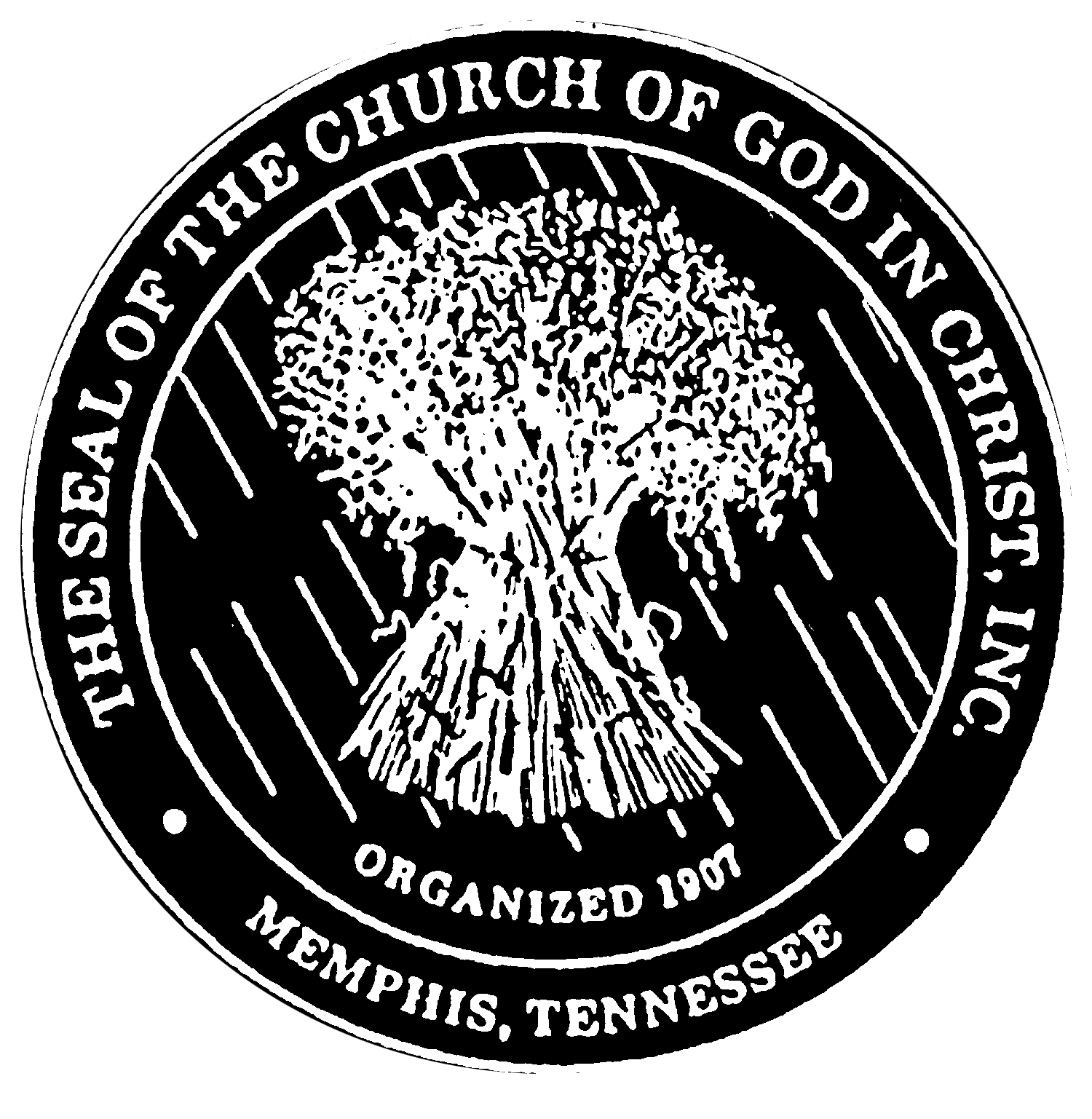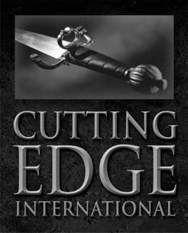Jerusalem Council II And Our G.R.A.I.N. Third Millennium Future Overview. Read Today!
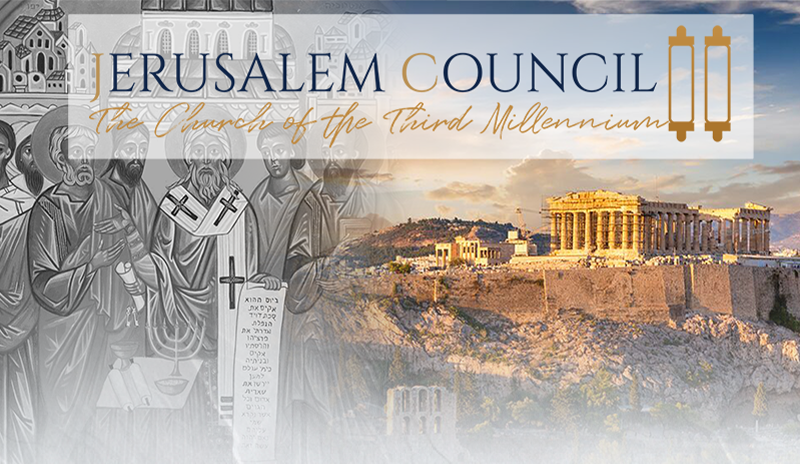
What is the Spirit saying through G.R.A.I.N
and The Third Millennium Church?
Dr. Leonard Sweet and I have been friends for almost twenty-five years. While most leaders are planning their next quarter, he has the ability to see the next twenty-five years. It was a joy to Co-Author We Are The Church: The Untold Story Of Revival In The Church. For more than six months we interviewed leading lights of Christianity and creatively placed them into one volume.
 In the opening of the book, we state, “Four percent of Christianity is in North America and ninety-six percent is distributed around the world.” We Are The Church tells the untold story of the 96%! You will love it and will lead more effectively. I encourage you to get your copy.
In the opening of the book, we state, “Four percent of Christianity is in North America and ninety-six percent is distributed around the world.” We Are The Church tells the untold story of the 96%! You will love it and will lead more effectively. I encourage you to get your copy.
At Jerusalem Council II, Dr. Leonard Sweet challenged the Church to embrace a “grainy future” shaped by G.R.A.I.N. (Genetics, Robotics, AI/IT, Nanotechnology) while returning to the power of metaphorical storytelling. He contrasted the half-century spent exploring outer space with today’s mapping of inner space—revealing that human minds think in images, metaphors and narratives, not abstract words.
Drawing on Jesus’s parables and the Hebrew concept of “kanaph” (wing/edge), Dr. Sweet proposes the “edge disciple” model: Christians are called to live and minister on the margins—where innovation, healing and hope emerge. He defines five levels of edge (Natural, Leading, Cutting, Bleeding, Ledge-Martyrdom) and urges believers to engage new technologies for God’s glory while discerning clear “don’t go there” ethical boundaries.
Dr. Sweet underscores the necessity of combining digital engagement with face-to-face community, intergenerational dialogue, and a question-driven approach reminiscent of Jesus’ own teaching style. The early church’s Latin maxim “Alter Christus Ipse Christus” (“another Christ, Christ Himself”) frames the believer’s identity: both as intimately united with Christ and called to embody Him.
Additionally, he contrasts technological AI with the “real AI”—Jesus Christ—emphasizing that true transformation comes from a living person, not machinery, and invites us to become “little Christs.” Drawing on a one-year military chaplaincy hardship tour in Southeast Asia, the narrative illustrates sacrificial service, cultural engagement, and the mission to preserve freedom alongside local communities. The concept of “iron majors”—a cohort of five majors tasked with foundational, behind-the-scenes work—serves as a model of humble leadership and teamwork that enables senior officers to excel.
Thought Takeaways, Themes From Open Forum Five Discussion

- Minds are wired for metaphors and stories—narrative trumps bullet-point principles.
- Jesus’s parables demonstrate concise, memorable communication: “The Kingdom of Heaven is like…”
- The future forms on the edges; discipleship must shift from center-seeking to margin-living.
- A “grainy world” of Genetics, Robotics, AI, IT, Nanotech offers immense opportunity—and ethical risk.
- Wise stewardship demands a dual posture: “Yes—go there” to innovate; “No—don’t go there” to guard humanity.
- Digital tools require real-world virtue—“virtual needs virtue” and regular face-to-face rhythms.
- Intergenerational partnership flips traditional roles: youth teach digital fluency; elders supply vision and hope.
- Church leaders and parents must set healthy technology boundaries (e.g., no under-13 phones, tech-free family tables).
- The church’s mission transcends incremental impact: Jesus died to make a different world, not just make a difference.
- “Alter Christus Ipse Christus” calls every believer to both be in Christ and act as His representative in the world.
- True “AI” (Authentic Incarnate) is Jesus; believers are summoned to reflect His character rather than idolize technological advances.
- Hardship tours, like military chaplaincy in Southeast Asia, cultivate resilience, cross-cultural solidarity, and a servant-leadership mindset.
- The “iron majors” exemplify the critical importance of supportive, often unseen roles that underpin organizational success and honor collective effort.
Film & Media In The Third Millennium Church
 By realizing the origin of humanity’s compulsion to create believable stories coupled with the confluence of storytelling and technology, an unmistakable pattern emerges which not only provides a possible understanding of what is happening today but also of what is to come in the future: coalescing in a theoretical construct called the Divinity Singularity of storytelling.
By realizing the origin of humanity’s compulsion to create believable stories coupled with the confluence of storytelling and technology, an unmistakable pattern emerges which not only provides a possible understanding of what is happening today but also of what is to come in the future: coalescing in a theoretical construct called the Divinity Singularity of storytelling.
Humanity has been on an unmistakable, accelerating trajectory of storytelling since the earliest cave drawings depicting animals fleeing hunters. Generation after generation the expression of stories utilizing, initially rudimentary, now sophisticated, technology has exponentially become increasingly advanced, evidentially influencing audiences to accept a story’s “truth.” This drive for believability is now coalescing at the nexus of the most sophisticated technology and creativity and compelling stories in history, advancing at an almost disturbingly rapid pace as we approach the start of the Third Millennium of the Church.
The seemingly radical superfluous, ever changing, ever proliferating film and visual media demands both percipience and superintendency by the Church while revealing opportunities to advance the Gospel of Christ immediately as the fulfillment of the Great Commission is imminent while revealing a protocol for the future Church.
|
|
|
|
|








